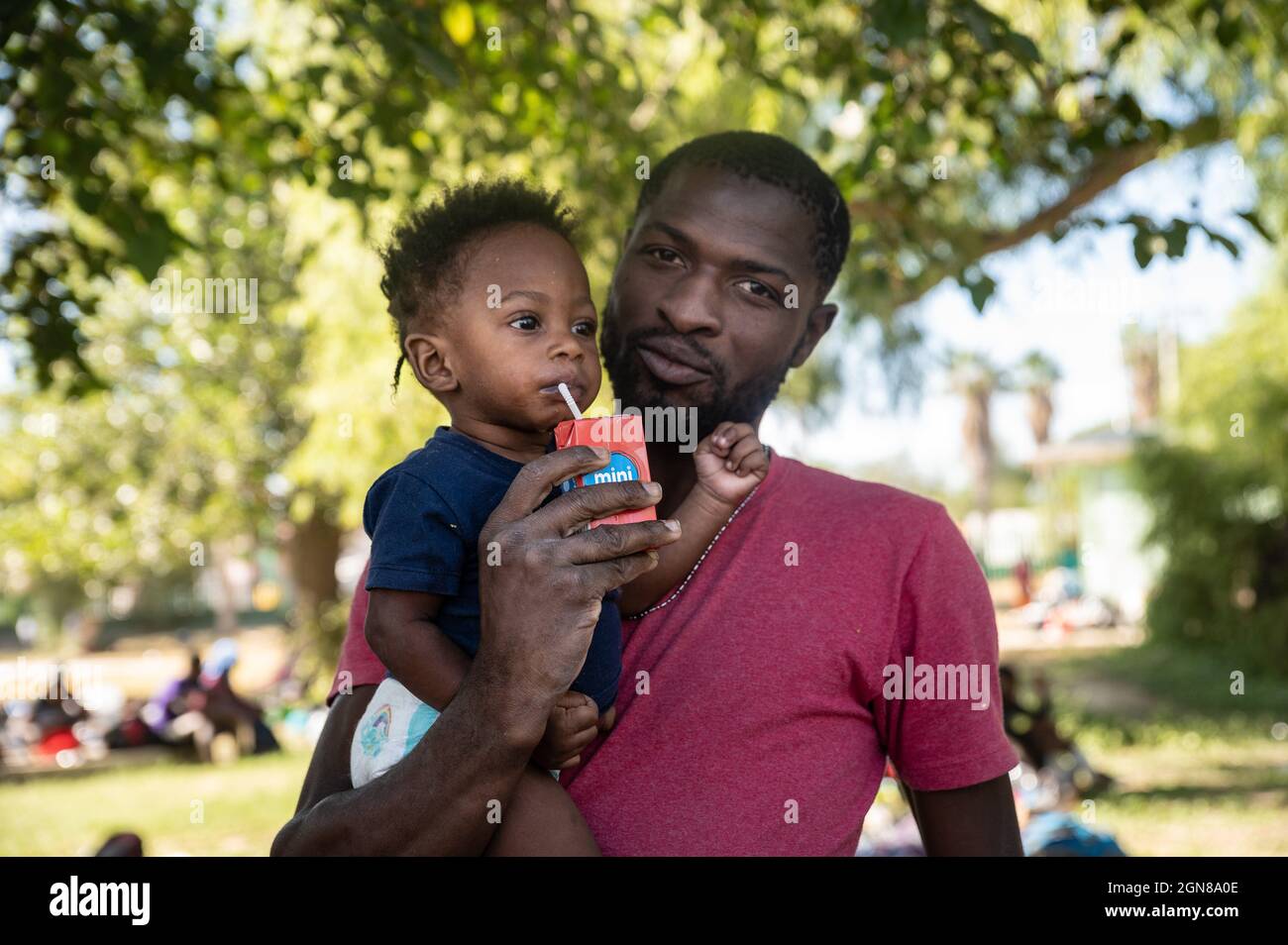Haitian Dad
Is the role of a father, often celebrated, truly understood in its depth and impact? The influence of a father, particularly within the Haitian culture, extends far beyond mere presence, shaping families, communities, and the very fabric of society.
As the American Father's Day recedes into memory and the anticipation of Haitian Father's Day on June 25th builds, it's an opportune moment to honor the fathers who actively participate in their children's lives while encouraging those who may have faltered to reconsider their commitment.
The tapestry of Haitian heritage is woven with threads of resilience, cultural richness, and a deep sense of family. This is reflected in the pride taken by individuals like Jeanty, whose ancestry is rooted in Haiti. It's a sentiment echoed by many, including those with prominent figures in sports and music, where Haitian roots run deep.
| Category | Details |
|---|---|
| Name | Jeanty (Hypothetical - used to illustrate Haitian heritage) |
| Parents' Heritage | Father born in Haiti, Mother of Haitian immigrant parents |
| Ancestry | Haitian |
| Pride in Heritage | Acknowledges the shaping influence of his Haitian ancestry |
| Notable Individuals with Haitian Roots | Usher (Singer), Blake Griffin (NBA Player), Tony Yayo (Rapper) |
| Reference | Wikipedia: Haitian People |
Father's Day, observed in various forms across the globe during the summer months, provides a platform to reflect on the significance of fathers. In Haiti, this day is a time for introspection, acknowledging the invaluable contributions fathers make within the home, and the enduring positive effects they have on families, communities, and society. It's a day to celebrate the fathers who are present, supportive, and actively involved in the upbringing of their children.
While some may have a direct connection to Haiti, such as being born there or speaking Creole, the Haitian spirit extends beyond geographical boundaries. It's about the legacy passed down, the traditions upheld, and the values instilled. Consider the story of an individual, the offspring of an African American woman and a Haitian immigrant father. Despite lacking outward physical signs, the essence of Haitian heritage remains, a testament to the enduring power of ancestry.
The experiences of Haitian immigrants in new environments can be profoundly moving. Many, initially taking on any available job, eventually achieve success. The resilience demonstrated, for example, by a father who worked as a janitor, orderly, and car wash attendant while also being a lawyer in Haiti, is a testament to their determination and work ethic.
The legal framework surrounding Haitian citizenship, including dual citizenship, ensures that children born to Haitian parents maintain their national identity, regardless of their place of birth or possession of foreign passports. The principles are clear.
Haitian Voodoo, or Vodou, a spiritual practice deeply intertwined with Haitian culture, further emphasizes the significance of familial bonds. Baron Samedi, a significant spirit in this tradition, guides the transition between life and the afterlife, illustrating the profound spiritual connections within Haitian beliefs. It underscores a belief system that recognizes the importance of both the seen and unseen worlds, all of which are the embodiment of the Haitian culture.
The tragic events, such as the accident in Ohio involving a Haitian immigrant driver, highlight the impact on communities, calling for reflection on responsibility, compassion, and the need to avoid using tragedies to fuel hate. This tragedy and the loss of life serve as a stark reminder of how life can change in an instant.
The paths to success are varied and can involve educational pursuits in Haiti, such as earning a degree in negotiation and conflict resolution, or the application of those skills abroad, as seen in individuals. This showcases the breadth of opportunities available to those with Haitian heritage and the ability to create their own path.
The essence of family is reflected in the "Haitian Dad" social media content, the humor and cultural pride, and the encouragement of a strong family unit. The emphasis on a father's role in providing for his home is another expression of this commitment. The idea of shared roles is not always embraced within Haitian households. Instead, the father is expected to be a provider, an anchor for his family.
The intersection of fashion and heritage is represented in collaborative projects like the Luka Sabbat and Clark Sabbat collection, where proceeds benefit Haiti. This blending of creative expression with philanthropic goals demonstrates the cultural vibrancy of Haiti and its diaspora.
The prevalence of social media platforms, such as TikTok, provides glimpses into daily life, offering comedic relief while celebrating the unique aspects of Haitian family dynamics. Content creators like Kiana Dufour and Sheldrick Roc share moments of laughter and cultural pride. The "Haitian Dad" theme highlights the unique bond between father and child, which is at the heart of Haitian culture.
For those celebrating Haitian heritage, the spirit of Father's Day extends to the gifting of presents that honor the deep roots of a father's identity. Whether it is a simple t-shirt or a decorative pillow, it is a recognition of the culture and a demonstration of a deep sense of pride, showing the values and the cultural identity of a people.


